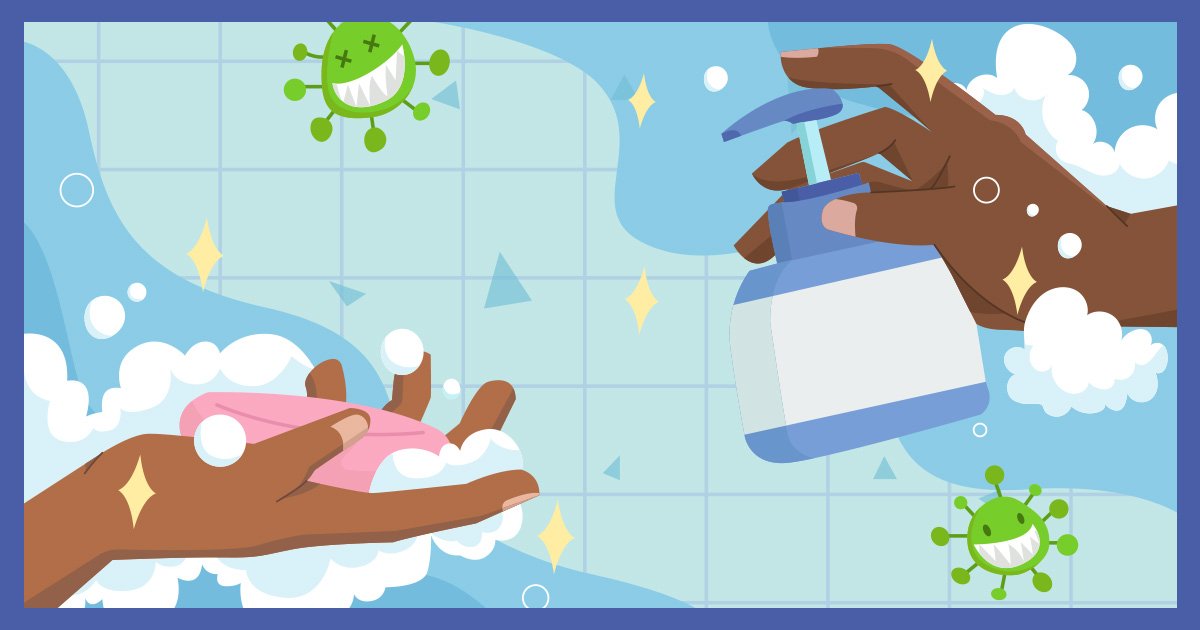Media center

Personal Hygiene For Children
Teaching children personal hygiene and ensuring they practice it all the time is worthy of consideration and is essential to their development.
Personal hygiene includes showering, brushing teeth, and washing hands. Whether they go to school or outside to play, children come into contact with dirt and germs that can cause infections or sickness. They tend to put their hands and everything around them in their mouths, which could cause diseases and infections. We can ensure this does not happen by teaching personal hygiene.
The benefits of keeping our kids clean will serve them for the rest of their lives, so what should we start with at an early age?
- Hand washing: We should encourage them to wash their hands frequently to avoid getting sick before and after eating, after using the bathroom, after sneezing or coughing, or even after touching a pet. Such practices are highly effective when trying to keep germs away.
- Oral hygiene: No matter how small the teeth are, they still need to be cleaned. Teaching children to brush their teeth twice daily can prevent bad odour and cavities, and parents should ensure they take them to the dentist at least every six months.
- Body hygiene: One of the most important aspects of personal hygiene is taking care of your body. It includes taking a shower at least twice a day with soap and washing all the body parts, drying the body well, especially between the toes, and thoroughly oiling the body.
- Safe sneezing and coughing: This means covering the nose and mouth while sneezing and coughing with tissue or a handkerchief. They can also use their elbow or hands but wash them after that.
It’s always a good idea to teach your kids about personal hygiene and make sure they practice it every day. You may even make it more enjoyable by including fun activities and songs that teach them the importance of personal hygiene.
It is never too late to begin, and it will be easier for them to follow this if you start now!





